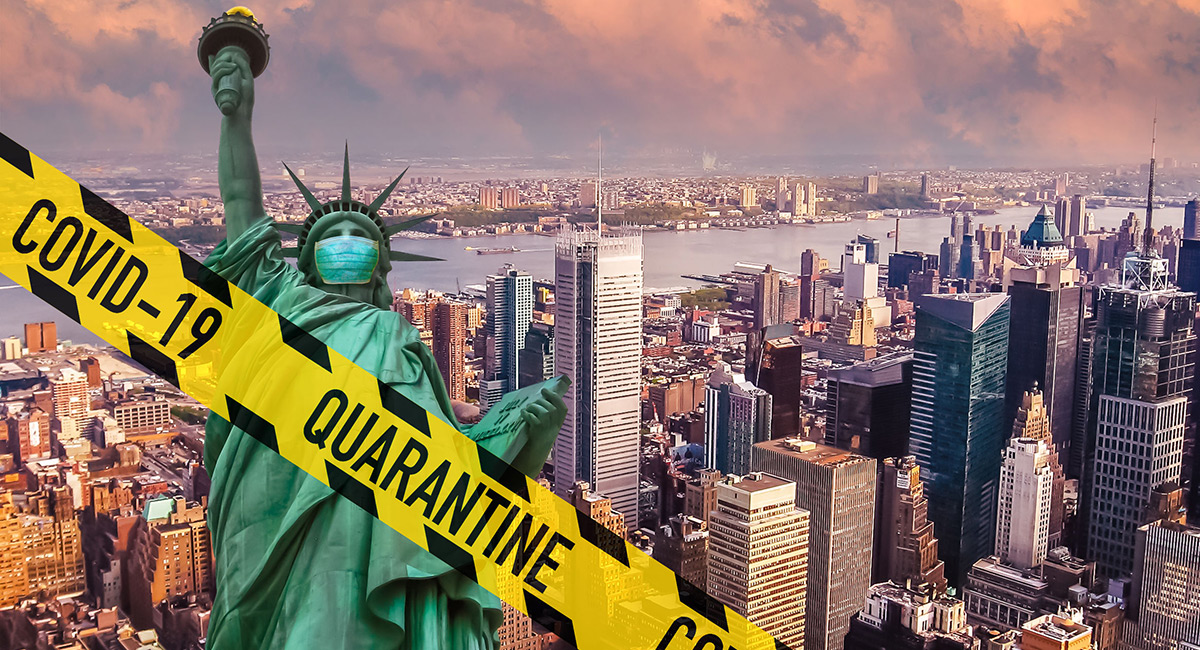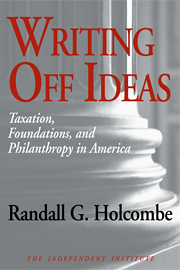As COVID-19 spreads around the globe, people are understandably alarmed and governments have responded by imposing draconian restrictions, mandating business closures and requiring people to remain at home. Despite the economic costs, mandates are widely supported by citizens who are justifiably afraid of the spreading virus.
Some governments have imposed less-draconian measures. In Sweden the government recommends social distancing, but schools, stores, and restaurants remain open, and nobody is required to quarantine. As the pandemic continues, Sweden’s policies come closer to “business as usual” than in other nations. Sweden has minimized the economic costs imposed on its citizens and recognized their freedom to choose their best course of action for themselves.
We can already see that in some cases mandates in the U.S. were too stringent. The prohibition on nonessential medical procedures in hospitals was designed to free up hospital beds for a surge in COVID-19 patients that didn’t materialize. As a result, many hospitals have been operating well under capacity, causing them financial stress and forcing staff layoffs. Many rural hospitals may go bankrupt. A mandate designed to strengthen the health care system in fact has weakened it.
A better alternative would have been for governments only to recommend eliminating nonessential procedures, allowing hospitals to make their own decisions. Now that the miscalculation is evident, governments have been moving to eliminate the mandates, but if they had been recommendations, hospitals could already have acted on their own without having to wait for government permission.
That lesson applies to government mandates more generally. As in Sweden, governments could recommend actions to respond to COVID-19 but allow individuals and businesses to make their own decisions.
The economic costs associated with the pandemic are not the result of the virus but of government policies in response to the virus. With all the warnings and news coverage, people understand the dangers of COVID-19. Let them weigh the costs and benefits to choose their own actions rather than having government mandates force them to bear substantial costs.
We claim to be a free country. People should take responsibility for their own well-being rather than relying on a nanny state to tell them what they are allowed to do. If you think the best action in response to the virus is to stay home, stay home! Have your groceries delivered to your house. Just because you’re free to go to a restaurant doesn’t mean you are forced to.
Draconian policies designed to “flatten the curve” will not reduce the total number of people infected; they just spread those infections over a longer period. Herd immunity will come more rapidly if the mandates are dropped. People who choose to stay home will be safer sooner if governments allow businesses to open and people to visit parks and beaches.
Policymakers tend to be risk-averse and would rather be overly stringent to prevent being blamed for possible new flare-ups. Plus, people in government love to tell other people what to do. They will keep their jobs and keep getting paid even as their policies impose substantial costs on others and compromise the liberty of everyone. Liberty obviously is compromised today, but today’s policies set a precedent that can be called on to restrict liberty down the road. People who advocate totalitarian policies today are laying the foundation for a more totalitarian government in the future.
Alarmingly, the biggest criticism being thrown at governors who are opening up their states is that they are insufficiently totalitarian. Many Americans prefer not to live in a police state, and right now it appears that draconian government policies are doing more harm than good.














